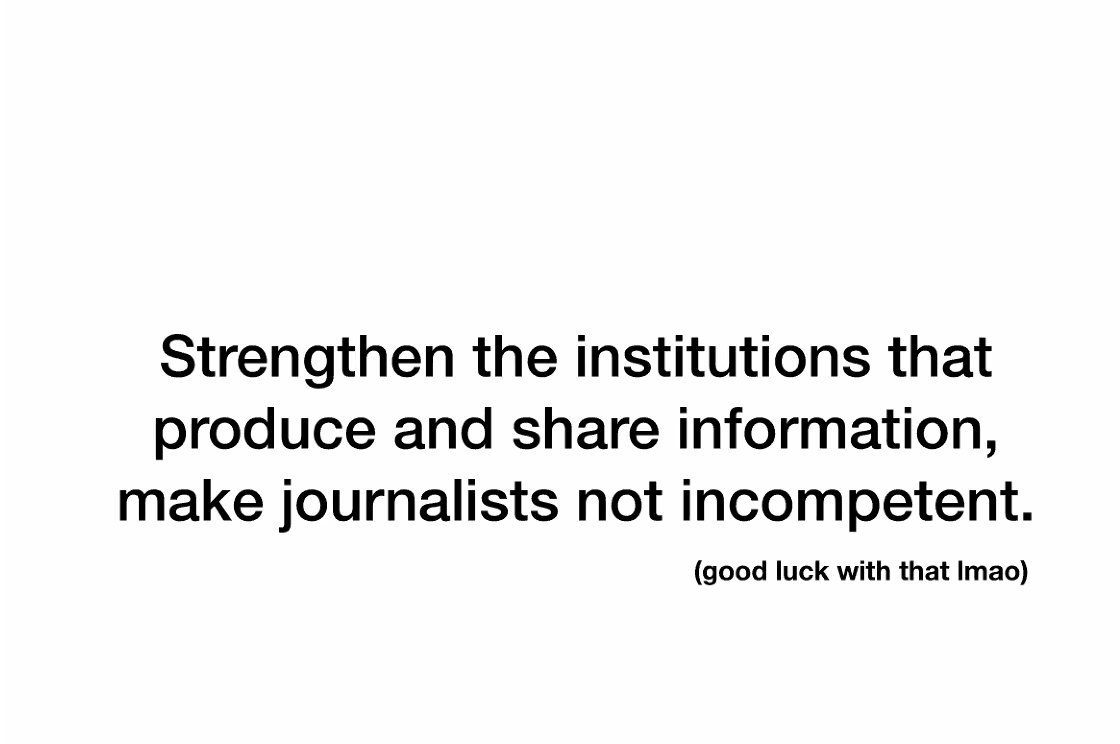
Going (virtually) to the #PacificAPA21 session for John Martin Fischer session on death, immortality & meaning of life. My motivation was: difficult to concentrate on Zoom, let's do a lighter session.
Only in academic philosophy would death, meaning of life be seen as "lighter"!
Only in academic philosophy would death, meaning of life be seen as "lighter"!
He's now arguing against the "immortality curmudgeons", who think that immortality would be bad (e.g., terribly boring)
Fischer "I call them immortality curmudgeons because that makes their view less plausible from the outset."
Fischer "I call them immortality curmudgeons because that makes their view less plausible from the outset."
Now response by @augustggorman on John Martin Fischer's book. Their summary of the book really make me want to read it!
@augustggorman now examines the advice "don't go to grad school unless you can't imagine yourself doing anything else" (note: I think this is common advice, but I think it's terrible!)--urgency and poignancy of choices
In an immortal life, this advice would make less sense (?)
In an immortal life, this advice would make less sense (?)
Gorman's argument about how we should not dismiss near-death-experiences (against Fischer) is very interesting. They make an analogy between dreaming and waking. Some people think the phenomenology of their waking experience gives them evidence that they're in fact awake 4/
Similarly, maybe a near-death exp feels more "real" just like being awake gives you phenomenological assurance you are awake. I am reminded of al-Ghazali who uses a similar dreaming argument to be skeptical about our present waking experience namely that 5/
Islam says you'll have enhanced experiences/awareness after death. So maybe if you get a profound experience of that kind with NDE you cannot just ignore it (maybe phenomenological conservatism worries apply here?)
In any case, fun session!
In any case, fun session!
• • •
Missing some Tweet in this thread? You can try to
force a refresh



